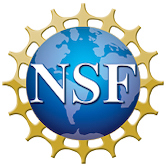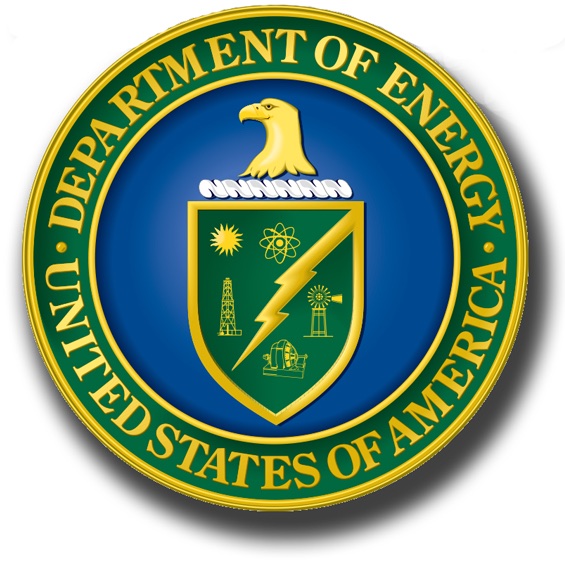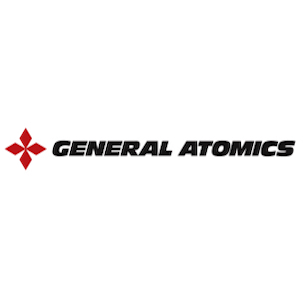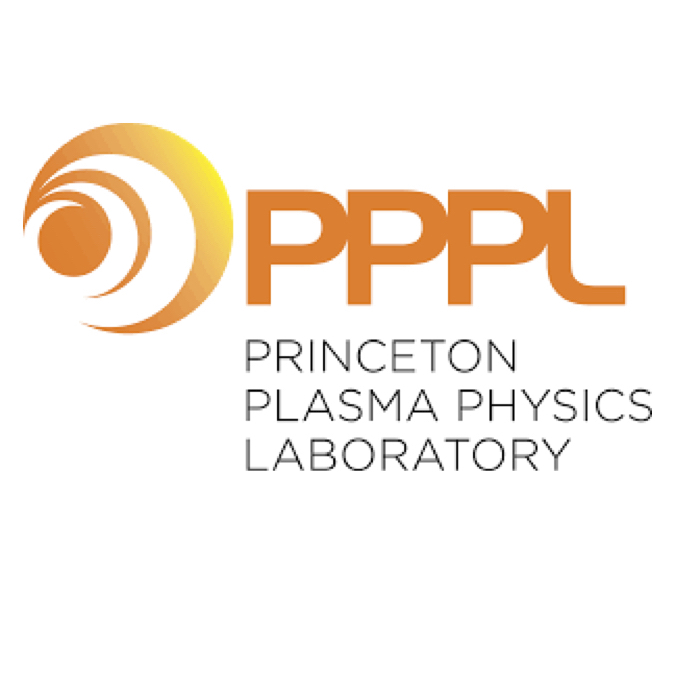Nonlinear Adaptive Burn Control of Two-Temperature Tokamak Plasmas
V. Graber and E. Schuster
58th IEEE Conference on Decision and Control
Nice, France, December 11-13, 2019
|
Abstract
|

|
Generating electricity by harnessing the en- ergy released from nuclear
fusion reactions is an emerging environmentally-friendly approach. A
tokamak is a toroidal device where a hot ionized gas, or plasma, is
magnetically confined at temperatures suitable for nuclear fusion.
Future commercial tokamaks will require proper control of external
actuators, such as particle injection and auxiliary heating, to regulate
the density and temperature of burning (fusion producing) plasmas. This
is known as burn control, and it is one of the greatest challenges in
fusion reactors. Engineering limitations may force upcoming reactors,
such as ITER, to operate at conditions where the thermonuclear reaction
rate increases as the plasma temperature increases. Plasma operation
necessitates active control schemes to precisely regulate the nonlinear
burning plasma dynamics. Controllers based on lin- earized models may
fail under large perturbations. Therefore, control designs that consider
the nonlinearities of the multi- variable plasma dynamics are indeed
necessary. In this work, a control algorithm is proposed based on a
nonlinear, volume- averaged, two-temperature model. This zero-dimensional
(0D) model consists of particle and energy conservation equations. Since
plasmas are highly complex systems, any reduced control-oriented model
is bound to contain uncertainty. The considered model contains uncertainties
in the relationship between the ion and electron temperatures, the plasma
confinement scalings, and the particle recycling that results from
plasma-wall interactions. Adaptive control laws are employed to stabilize
the system despite these numerous uncertainties. A simulation study
illustrates the effectiveness of the presented adaptive controller.








